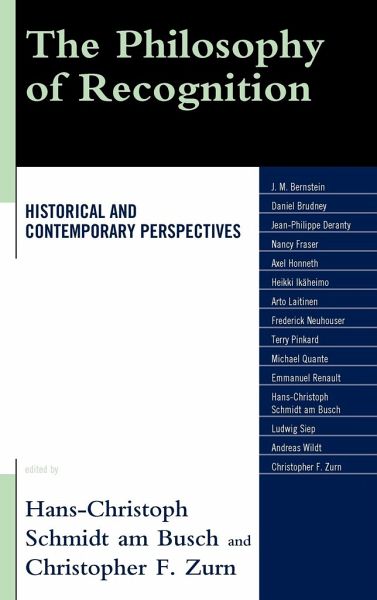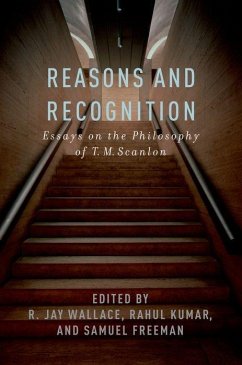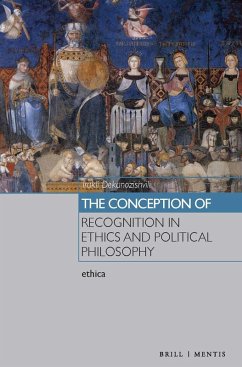
Philosophy of Recognition
Historical and Contemporary Perspectives
Herausgeber: Schmidt Am Busch, Hans-Christoph; Zurn, Christopher F.
Versandkostenfrei!
Versandfertig in 1-2 Wochen
149,99 €
inkl. MwSt.
Weitere Ausgaben:

PAYBACK Punkte
75 °P sammeln!
This volume collects original, cutting-edge essays on the philosophy of recognition by international scholars eminent in the field. By considering the topic of recognition as addressed by both classical and contemporary authors, the volume explores the connections between historical and contemporary recognition research and makes substantive contributions to the further development of contemporary theories of recognition.













